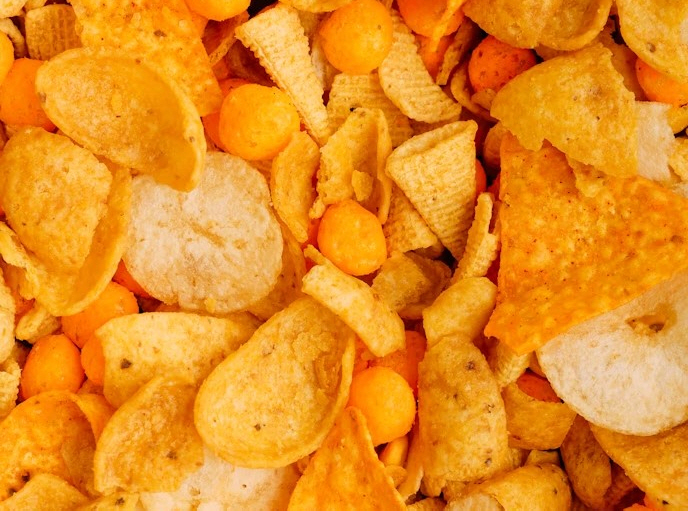Eating a lot of ultra-high-tech foods such as carbonated drinks and snacks increases the risk of lung cancer by 41%
Jul 30, 2025
|
A joint research team from Harvard Medical School in the United States and Chongqing University Cancer Hospital in China recently published the results of a follow-up survey on the health conditions and eating habits of more than 100,000 adults over an average of 12 years in the international journal `Torax.'
During this period, 1,706 of the participants were diagnosed with lung cancer, and the higher the intake of ultra-high-tech food, the higher the incidence of lung cancer, the research team said.
Ultra-processed foods refer to foods that have been processed so intense that the form of raw materials is hardly recognized. It mainly contains a large amount of chemical additives, flavors, pigments, and sweeteners, and typical examples include ice cream, fried food, processed bread, cakes, snacks, cereals, instant ramen, margarine, candy, carbonated drink, processed fruit drink, hamburgers, and hot dogs.
According to the study, participants consumed ultra-formal products on average about three times a day, and in some cases, they ate as little as 0.5 times a day and as much as 6 times a day. The items consumed the most were processed meat and soda.
As a result of dividing participants into four groups on the basis of hyper-processed food intake, the group with the highest intake had a 41% higher risk of developing lung cancer compared to the group with the lowest intake.
Researchers found that there was an increased risk of developing both small cell lung cancer and non-small cell lung cancer"The relatively low consumption of healthy foods such as wholegrains, fruits, and vegetables also seems to be a factor." "Excessive consumption of ultra-processed foods may interfere with effective consumption of foods to prevent cancer."," he added.
This study adjusted the frequency of smoking according to smoking status, but not the frequency of smoking. Some point out that as this is a variable close to the onset of lung cancer, there is a limit to clearly proving the causal relationship.
The study shows that healthy eating habits are closely related to cancer prevention as well as simple obesity and diabetes prevention.
The researchers say that if the causal relationship is clearly identified in the future, reducing the intake of super-processed foods could be an important strategy for reducing the incidence of lung cancer," he stressed.
This article was translated by Naver AI translator.














